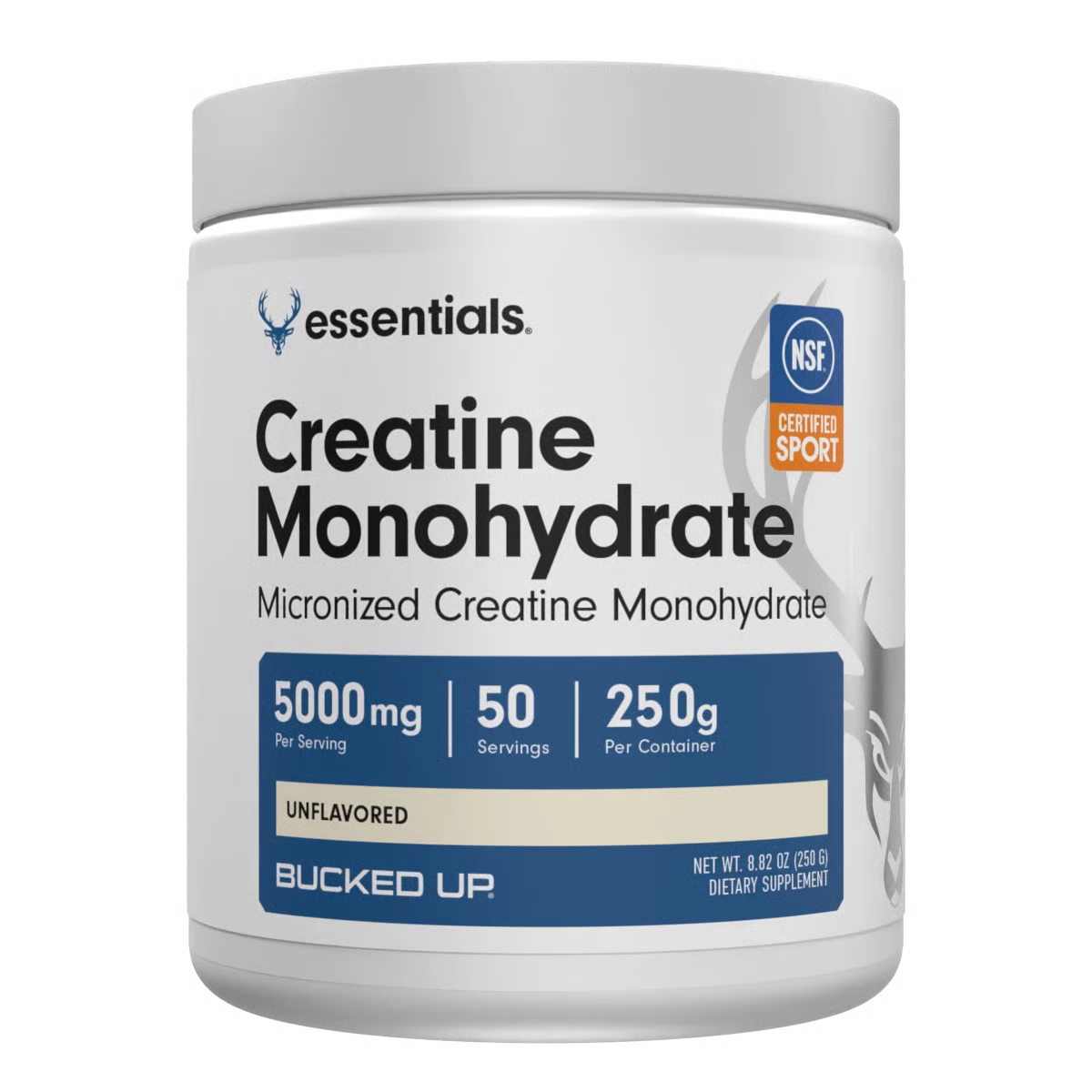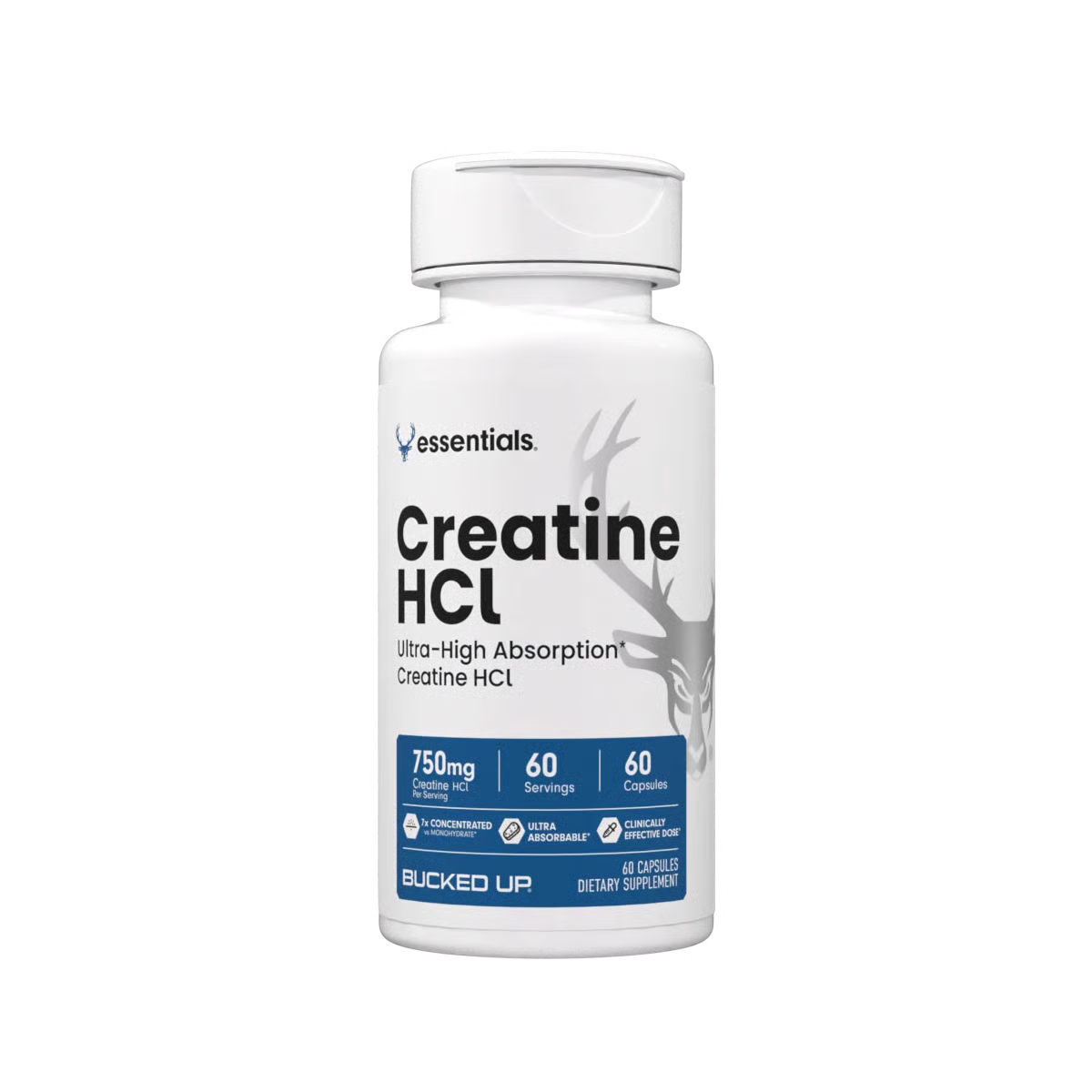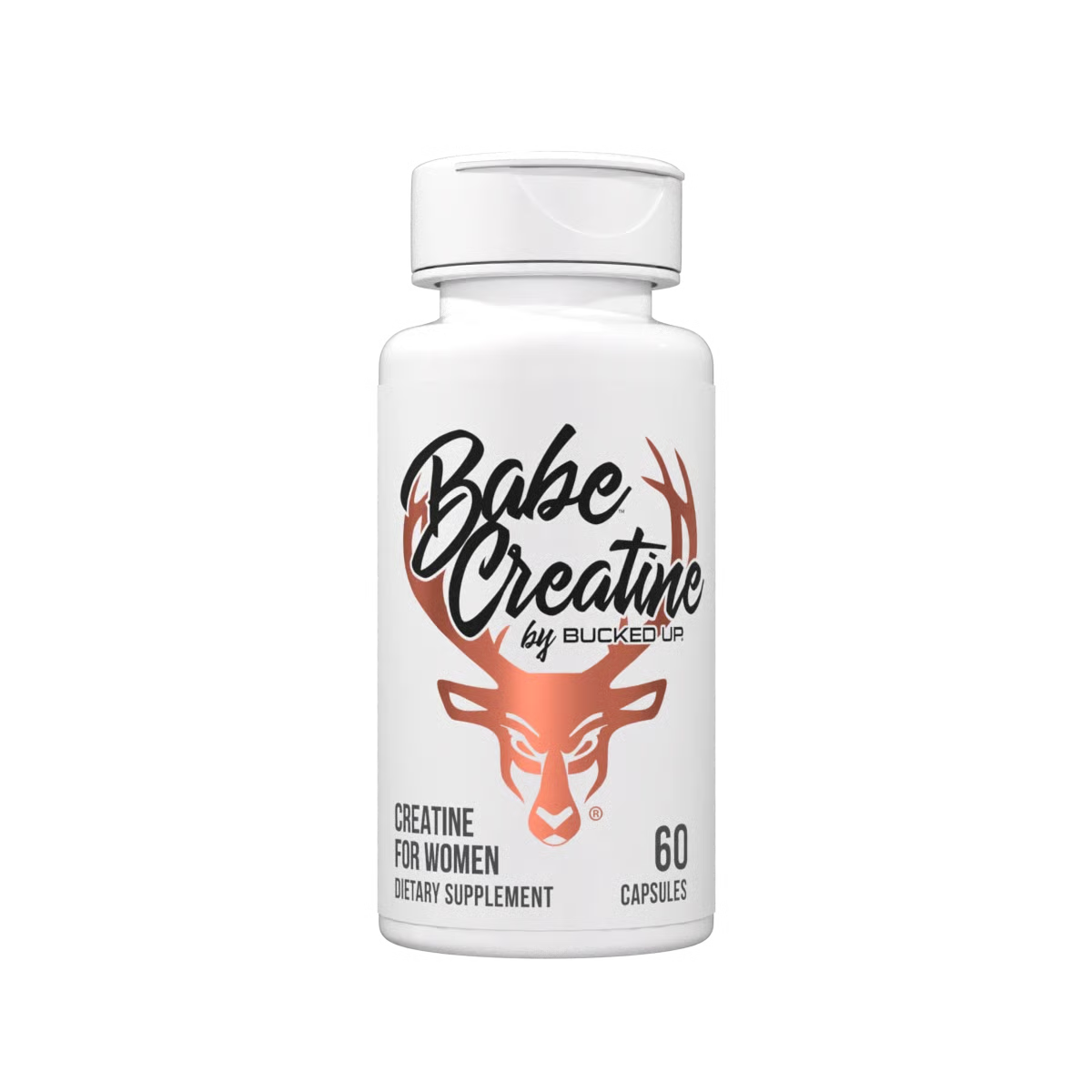Creatine monohydrate often raises questions about its safety, especially for those with specific health conditions like kidney issues or diabetes.
This article provides clear, research-based insights into how creatine interacts with the body, helping you decide if it fits into your wellness plan.
Let’s break down the facts and clear up common misconceptions with straightforward information.
Why Health Concerns About Creatine Create Confusion
Many athletes and fitness enthusiasts hear about creatine’s benefits for strength, recovery, and mental sharpness, but they also encounter conflicting warnings about its safety. This mix of positive and negative information can be overwhelming, particularly for people with pre-existing conditions such as kidney problems, diabetes, or those on specific medications.
This confusion often keeps individuals from tapping into creatine’s well-documented advantages. Some avoid it entirely out of caution, while others skip consulting their doctor, missing out on personalized advice. Clearing up these concerns with solid data is the first step to making informed choices.
How Creatine Impacts Kidney Health: Facts Over Myths
Kidney health tops the list of worries for many considering creatine. The concern often stems from a misunderstanding about creatinine levels in blood tests, a marker used to evaluate kidney function. Let’s dig into the science to separate fact from fiction.
- Creatinine is a natural byproduct of muscle metabolism, and creatine supplements can raise these levels in tests without signaling kidney damage.
- Elevated results can alarm healthcare providers if they aren’t aware of supplementation history, leading to unnecessary concern.
- Research consistently shows no harm to kidney function in healthy people using recommended doses.
For those with healthy kidneys, studies confirm creatine’s safety. Even in higher-risk groups like older adults with type 2 diabetes, no negative kidney effects are observed at standard doses. A thorough understanding of test results and supplementation context prevents misinterpretation.
Creatine and Chronic Kidney Disease: What You Should Know
For individuals with chronic kidney disease (CKD), creatine presents a different scenario. CKD patients often experience low creatine levels, which can contribute to fatigue and muscle loss. Some evidence suggests supplementation might help, but clear guidelines are still under study. If you have CKD, a discussion with your doctor is essential before starting creatine.
Recent genetic studies also support creatine’s safety profile. Analysis shows no link between higher creatine levels in blood and reduced kidney function. This adds confidence for healthy individuals considering supplementation.
Creatine’s Effect on Other Health Conditions
Beyond kidneys, creatine’s interaction with other conditions like diabetes or heart health matters to many. Here’s a closer look at how it fits into different health contexts with evidence-based insights.
- Diabetes: Research finds creatine safe for people with type 2 diabetes, with no kidney function decline at standard doses. Some data even hint at benefits for blood sugar control, though a doctor’s input is crucial before starting.
- Liver Health: No evidence shows creatine harms liver function in healthy individuals. It doesn’t stress the liver beyond its normal role in creatine production when used as directed.
- Heart Health: Creatine doesn’t negatively affect the cardiovascular system in healthy users. Improved muscle performance might even support better exercise outcomes, but those with heart conditions should consult a specialist first.
- Autoimmune Issues: Studies indicate no kidney harm in individuals with conditions like lupus when taking creatine at recommended levels. Still, personalized medical advice is necessary for anyone with complex health needs or on medications.
Explore Bucked Up Creatine Options for Your Needs
At Bucked Up, we offer a range of creatine products designed to support your performance and recovery goals. Each option is crafted with quality in mind, helping you find what works best for your routine. Take a look at our lineup below.







Ready to add creatine to your routine? Shop now and find the perfect fit for your goals.
Tips for Using Creatine Safely and Effectively
Creatine has a strong safety record for most people, but a few practical steps can ensure you get the best results while minimizing risks. Keep these points in mind as you start or continue supplementation.
- Stay Hydrated: Drink plenty of water, aiming for 80 to 100 ounces daily. Hydration supports creatine’s benefits and reduces the chance of stomach discomfort.
- Stick to Dosing Guidelines: A daily dose of 3 to 5 grams works well for most. A loading phase of 20 grams per day for a week is optional but not necessary for long-term gains.
- Talk to Your Doctor: If you have health conditions, take medications, or are pregnant or nursing, check with your healthcare provider before using creatine. This is especially important for those with existing kidney issues.
- Choose Quality Products: Opt for creatine from trusted brands with third-party testing. Micronized formulas mix better, and certified manufacturing ensures purity.
Common Questions About Creatine Answered
Here are straightforward answers to frequent concerns about creatine, based on current research and practical use.
- Does creatine harm the kidneys in healthy people? No, studies show no kidney damage in healthy individuals at standard doses. Elevated creatinine in tests is a normal response, not a sign of harm.
- Can people with diabetes use creatine? Yes, evidence suggests it’s safe for those with type 2 diabetes with no kidney impact. Consult your doctor to align it with your health plan.
- What’s the difference between creatine and creatinine? Creatine is the supplement boosting energy in muscles, while creatinine is its waste product. Higher creatinine from supplementation doesn’t mean kidney issues; it’s a natural effect.
- Does creatine interact with medications? Generally, it’s compatible with most drugs, but some, like diuretics, might need a doctor’s review. Discuss your full medication list with a professional.
- Will creatine affect my liver? No, research finds no negative liver effects in healthy users at recommended doses. It doesn’t burden the liver beyond normal function.
Making Confident Choices About Creatine
Deciding to use creatine shouldn’t be clouded by myths or uncertainty. With decades of research backing its safety and effectiveness, creatine stands as a reliable option for enhancing strength, recovery, and mental focus for most people, even those with certain health conditions.
Understanding how creatine works with your unique health situation, recognizing the difference between test markers and actual risks, and following simple usage guidelines can help you benefit from this supplement. Always keep an open line with your healthcare provider for advice tailored to you.
Ready to get started? Shop now and take the next step toward your goals.
Disclaimer: These statements have not been evaluated by the Food and Drug Administration. This product is not intended to diagnose, treat, cure, or prevent any disease.




